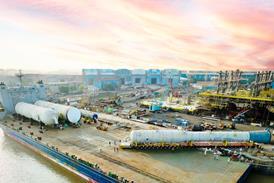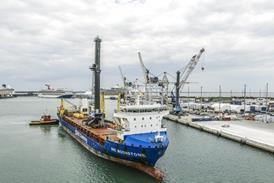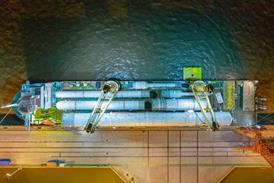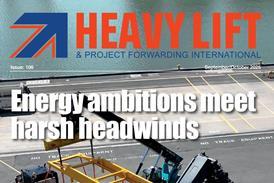Close menu
- Home
- News
- Insights
-
Digital editions
- Back to parent navigation item
- Digital editions
- 2025 digital editions
- 2024 digital editions
- 2023 digital editions
- 2022 digital editions
- 2021 digital editions
- 2020 digital editions
- 2019 digital editions
- 2018 digital editions
- 2017 digital editions
- 2016 digital editions
- 2015 digital editions
- 2014 digital editions
- 2013 digital editions
- 2012 digital editions
- 2011 digital editions
- 2010 digital editions
- 2009 digital editions
- 2008 digital editions
- 2007 digital editions
- Awards
- project cargo
- Advertise
- Training
- Cappro
‘Never let a good crisis go to waste’

Ton Klijn, director of ESTA – the European association of abnormal road transport and mobile cranes – and a member of the European Crane Operators Licence supervisory board, discusses how the heavy lift and abnormal transport sector needs to change its approach to training.
Already have an account? LOG IN
To continue…
Keep up to date on the latest information on over-dimensional and heavy cargoes.
Enjoy free unlimited access to HLPFI news, and receive our 2 weekly newsletters
Follow Heavy Lift & Project Forwarding International on social media
- Terms & Conditions
- Cookie Policy
- Privacy Policy
- Advertising Terms & Conditions
- Archive (by date)
- © Heavy Lift & Project Forwarding International
© DVV Media International Limited
Site powered by Webvision Cloud










